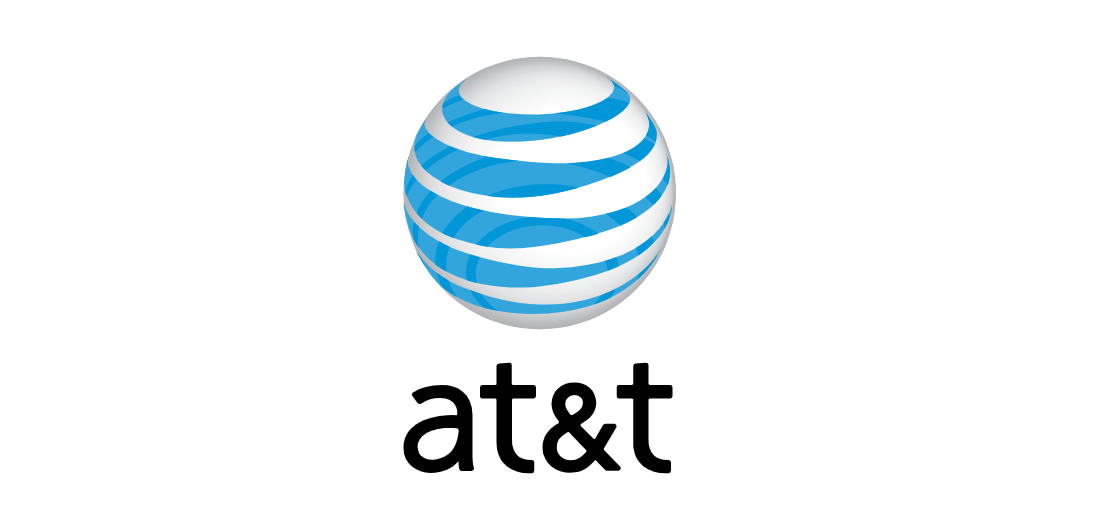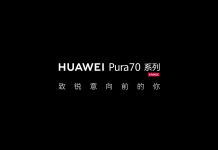Amid growing concerns about Huawei’s global dominance in the field of technology, the US could be looking at potential rivals to counter Huawei’s success in the coming days. While a faction of the US administration is considering the possibility, the idea has not gone down well with many individuals. Especially from people in the private sector who believe the government’s involvement in private American or allied companies does not bode well for the future.
“I do not think it’s a good idea”, revealed Randall Stephenson, CEO at AT&T, when CNBC asked for his opinion on the US Attorney General’s comments on the government investing in Nokia and Ericsson. In his defense, Stephenson said, “Governments generally do not have the greatest reputation when it comes to investing in the private sector”.
Stephenson’s comments came shortly after US Attorney General William Barr suggested that the US should take the initiative to acquire a stake in private sector companies like Nokia and Ericsson to secure 5G equipment for future use. He said instead of simply asking allies to avoid using Huawei’s products, the US government should work on a substitute. Shares of Nokia and Ericsson opened strong post the Attorney General’s comments, with shareholders suggesting the companies accept the offer.
Stephenson, however, agrees with some of the ideas shared by the Attorney General. For example, AT&T has been working closely with Microsoft and Dell along with the White House to develop a software-based alternative to Huawei’s 5G equipment.
Speaking on the subject Stephenson said, “AT&T has been the pioneers of software-based architecture in networking. We are using hardware that would have been considered unconventional half a decade ago. We use generic hardware since it can run any software with ease. We prefer using unconventional ways to avoid a competitive comparison with Huawei, using innovation and software over government mandates to achieve our goals”.
Stephenson further explained the precarious situation the US Government is facing as its 328 million citizens is far outnumbered by China’s population of 1.4 billion. “If Huawei gets a market share of over 90% in China, they control 30% of the global market. If the US does not use Huawei’s equipment in its network, we have to rely on a sub-scale supply chain, which is why we need an innovative solution to the problem”.
AT&T has already made some major investments into developing software-based networks, although it had previously pointed at cost-cutting as the motive behind the move. The company previously vowed to virtualize 75% of existing networks by 2020 using SDN (Software-Defined Networking). It has also made significant investments to include open-RAN (Radio Access Network) in its networks.
UP NEXT: Huawei Singapore announces new colorways for FreeBuds 3 and Nova 5T; buyers get free gifts with each purchase
(via)








